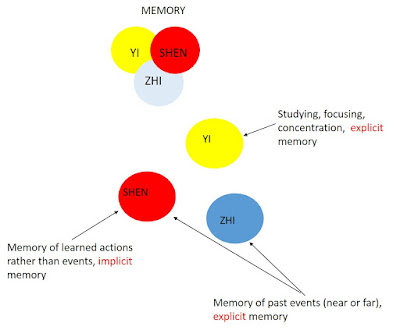How to Know If Your Loved One Has an Addiction
Have you been wondering whether your loved one has an addiction problem? Are you noticing certain behaviors that seem out of character? Perhaps you just have a feeling that something is not right. Knowing the signs of addiction will help you determine if your loved one has a drug or alcohol problem. Making that determination is the first step toward getting the help your loved one needs to become free of their addiction and start their journey toward recovery.
What Is Addiction?
According to the Merriam-Webster dictionary, the word “addiction” is defined as the “compulsive need for and use of a habit-forming substance.” The definition goes on to state that the substance is known by the user to be harmful.
Many people who are struggling with an addiction try very hard to hide their problem from their families. Some are in denial that they even have a problem. But every person suffering from substance abuse has one thing in common--they are each a member of the rapidly increasing number of people battling an addiction.
Identifying an Addiction
Addiction is often very difficult to identify. For some people, the use of prescription drugs leads to their addiction. For many others, substance abuse begins with the recreational use of alcohol or drugs. Your loved one may drink or use drugs in social settings or to relax at the end of a day.
Addiction occurs over time as the need for the substance increases and the craving for it becomes stronger. Your loved one wants the feeling of the euphoria, or the “high,” they feel. Once addicted, it is very difficult to stop regardless of how badly your loved one wants to.
Warning signs of addiction can be physical, behavioral, or emotional. Some people with substance use issues may display only a few signs of substance dependence while others may show many.
Physical Warning Signs
- Trembling hands
- Shaking
- Sweaty, cold palms
- A sudden weight loss or weight gain
- Bloodshot, glassy or red eyes
- Excessive sniffling or a runny nose
- Slurred speech
- Strange or unusual breath or body odors
- Needle marks on the leg, lower arm or bottom of feet
- Changes in sleep patterns
- Being uncoordinated
- Bruises or marks that cannot be explained
- Decrease in energy or an excessive increase in energy
Behavioral Warning Signs
- Denial of substance abuse
- Using drugs or alcohol at times that are not appropriate, such as at school, work or while driving
- Increased use of the substance
- Loss of motivation
- Not caring about work or school or having excessive absences
- Separation from old friends and family
- Change or loss of sex drive
- Being withdrawn
- Lack of personal hygiene
- Secretive behaviors such as unexplained phone calls or covering the computer screen
- Unexplained sudden increase in spending
- Stealing or borrowing money
- Loss of interest in hobbies and favorite pastimes
- Hanging out at new places with new friends
- Taking risks
Emotional Warning Signs
- Mood changes or swings
- Being aggressive or anxious
- Having feelings of depression
- Sudden outbursts of anger
- Becoming irritated quickly
- Memory loss or blackouts
- Periods of confusion
- Excessive hyperactivity
- Excessive talkativeness or giddiness
What To Do Next
Once you determine your loved one is suffering from an addiction, it's time to open the line of communication.Talk to your loved one about your concerns in a caring, nonjudgmental way. It is not unusual for an addict to become defensive and deny their addiction exists.
Keep in mind that addiction is a disease and an addicted person will lie to be able to keep satisfying their addiction. Be prepared if this should be the case. Have the information ready about treatment facilities that focus on recovery of your loved one’s specific situation. For example, the English Mountain Recovery Center has treatment programs for men and women suffering from drug or alcohol addiction. All aspects of recovery are addressed through therapy, educational groups, advanced holistic therapies, exercise, and nutrition. The team of caring professionals combined with the supportive and structured environment at English Mountain will provide your loved one with the tools needed to rebuild their life while working on their emotional, social and physical issues.
Renewed feelings of self-respect and well-being will help guide your loved one through the journey back to a sober, healthier life.
By Terry Hurley


Comments
Post a Comment